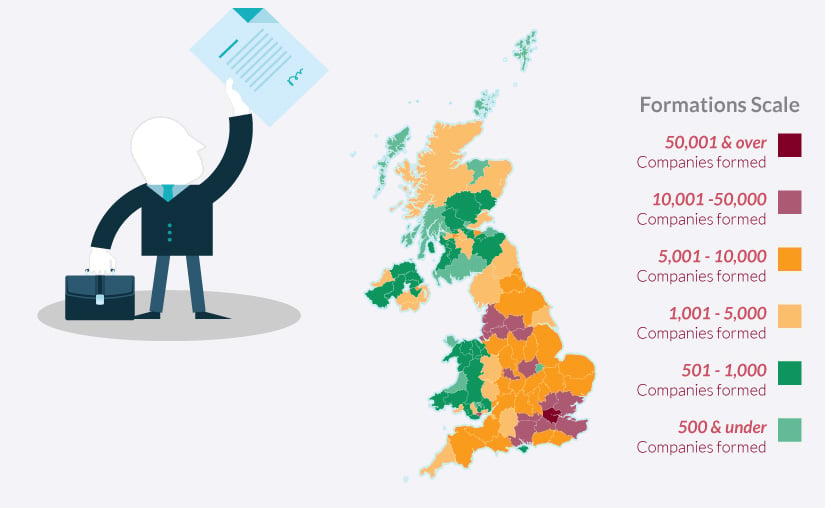shares
When unpaid or partly paid shares are issued, the company retains the right to collect the unpaid amount. To do so, the directors can send a call notice to holders of partly paid shares requiring them to pay the unpaid amount to…
How to handle pension scheme share ownership
The trustees of pension schemes will often directly own a company’s shares as part of the overall investment portfolio they hold for the pension scheme. Accordingly this ownership needs to be reflected in the company’s share…
How to fill in form J10 to transfer unpaid shares
When we looked at unpaid and partly paid shares and why a company might have them, we said that they could be transferred in a similar way to fully paid shares so the general process of how to transfer shares applies equally to…
What are shareholder pre-emption rights?
Shareholders in a company will often benefit from ‘pre-emption rights’. These give existing shareholders first refusal when a company is issuing new shares. If pre-emption rights exist, new shares in a company cannot be…
How to transfer shares the easy way
In other articles we’ve looked in depth at the procedure for transferring shares, including how to complete a stock transfer form and what a company needs to do to process share transfers effectively.…
How to transfer shares – what a company must do
In our last article we looked at the first half of the share transfer procedure, including how to complete the stock transfer form and the payment of any stamp duty to HMRC. Today we look at the rest of the procedure for share…
2025 Review
of UK Company Formations
Read our comprehensive review of UK company formations in 2024, year-on-year growth rates and breakdown by county. This detailed insight is provided in the form of easy to understand infographics available for sharing through social media and on your own website
